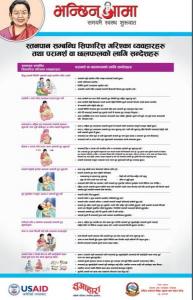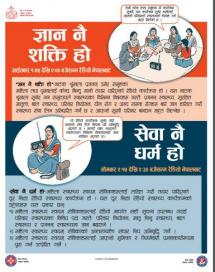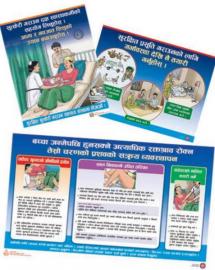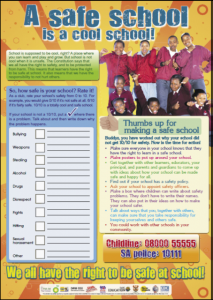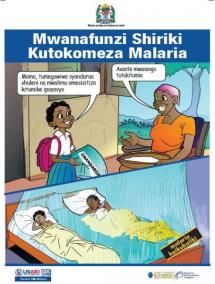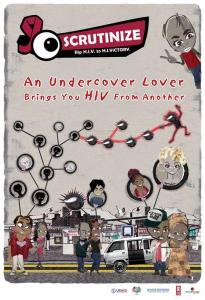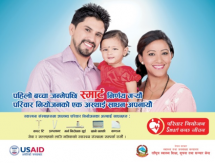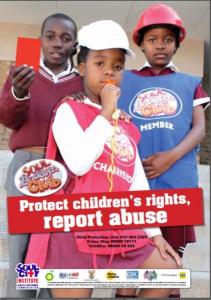Recommended Behaviors for Breastfeeding Poster
Suaahara was a five year (2011-2016) project funded by USAID aimed to improve the nutritional status of women and children in 41 districts of Nepal. The project focused on improving health and nutrition behaviors at the household level through promotion of Essential Nutrition and Hygiene Actions (EN/HA), particularly Maternal, Infant and Young Child Nutrition (MIYCN), and addressing other determinants of under-nutrition, such as availability of and access to food, hygiene, quality of health care, child spacing and socio-cultural factors including gender and marginalization.
Suaahara developed and implemented the integrated Bhanchhin Aama (“Mother knows best”) cohesive platform which linked varied messages and reinforced recommended actions through a wide array of channels including mass media (radio programs, radio spots and billboards), print, and social mobilization. The platform involved multiple sectors (nutrition, agriculture, WASH, health service promotion, family planning), linked Suaahara partners, government and others, and had multiple messages for every target audience (pregnant women, husbands, newly married women, mothers-in-law, etc.).
The SBCC strategy established an internal quality materials review and production system to ensure that all partners in the consortium had mutually reinforcing, quality materials developed, pretested, produced and disseminated to the end user.
Suaahara developed this poster on breastfeeding in order to provide information at birthing centers and MCH clinics on recommended behaviors on, and messages about, breastfeeding.
Source: Johns Hopkins Bloomberg School of Public Health/ Center for Communication Programs
Date of Publication: March 25, 2019
SIMILIAR RESOURCES
Tools
Examples
- Suaahara Training Guidelines and Participant Handbooks
- GESI Toolkit
- Suaahara Health Facility Operation and Management Committee Capacity Building Training and Operation Guidelines
- Maternal Newborn Child Health - Nutrition Quality Improvement Tools
- Promoting Quality Malaria Medicine through Social and Behavior Change Communication
- Community Communication MNCH e-Manual: Participatory Health Promotion Sessions
- The Infection Control Symbol Package
- Social and Behavior Change Considerations for Areas Transitioning from High and Moderate to Low, Very Low and Zero Malaria Transmission
- Senegal Malaria Communication Strategy 2016-2020
- Malaria Evidence Base

